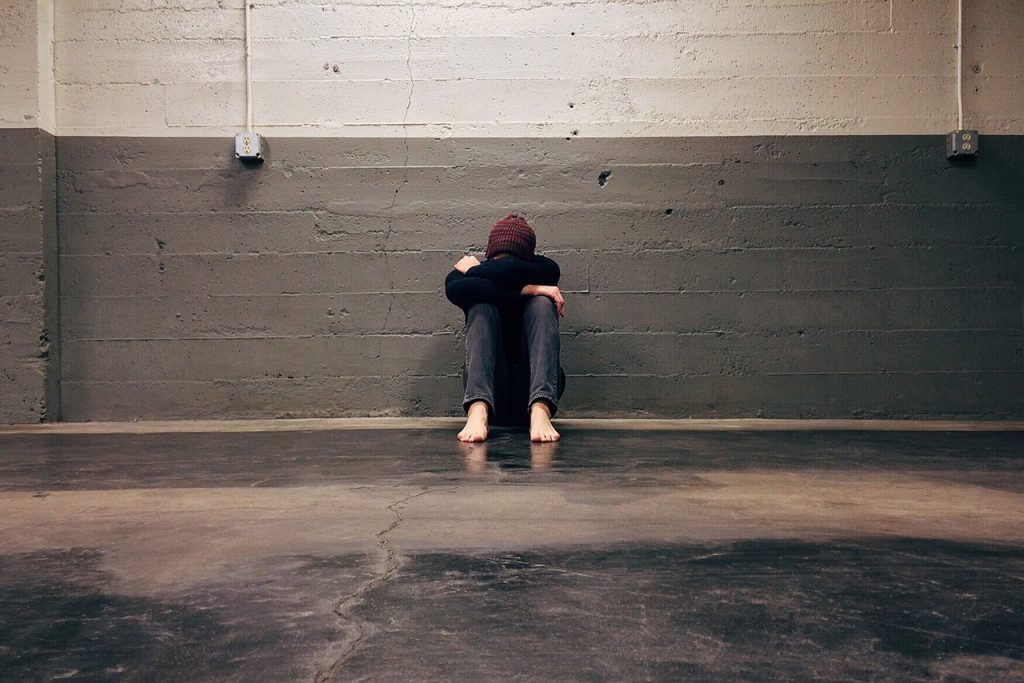
Having a supportive family environment makes school-age LGB (lesbian, gay and bi) children in the UK significantly less likely to be victims of bullying, according to new research by Anglia Ruskin University (ARU).
The researchers used data on LBG men and women with an average age of 37, and examined their experiences of when they were in school and later in life, in the workplace.
The study, published in the International Journal of Manpower, found that gay and bisexual men had been 31% less likely to be frequently bullied at school if they were from a supportive family background. For lesbian or bisexual women, the figure was 25.6%.
However, family support counted for less in the workplace, where family support was associated with a 12.5% reduction in frequent bullying towards gay or bisexual men. For lesbian or bisexual women, the reduction was only 4.6%.
Nick Drydakis, Professor in Economics at ARU, said: “If an LGB child has received support from their parents which has positively impacted on their self-esteem and self-worth, this pattern might have influence how adult LGB people prevent, avoid or deal with victimisation.
“Parents who have supported their children during difficult times might have taught them the appropriate attitudes and approaches to address homophobia as well as its adverse effects.
“If, for LGB children, family support results in building their sense of identity, self-esteem and control, we might suggest that all these psychological states during the school-age period might positively impact on psychological traits in adulthood.
“Family acceptance seems to be crucial to ensure that LGB children develop a healthy sense of self while family rejection of LGB children can negatively affect their identity and well-being.”
The study is the first of its kind to examine whether family support during school age can have long-term positive effects on LGB people’s future workplace experiences.




